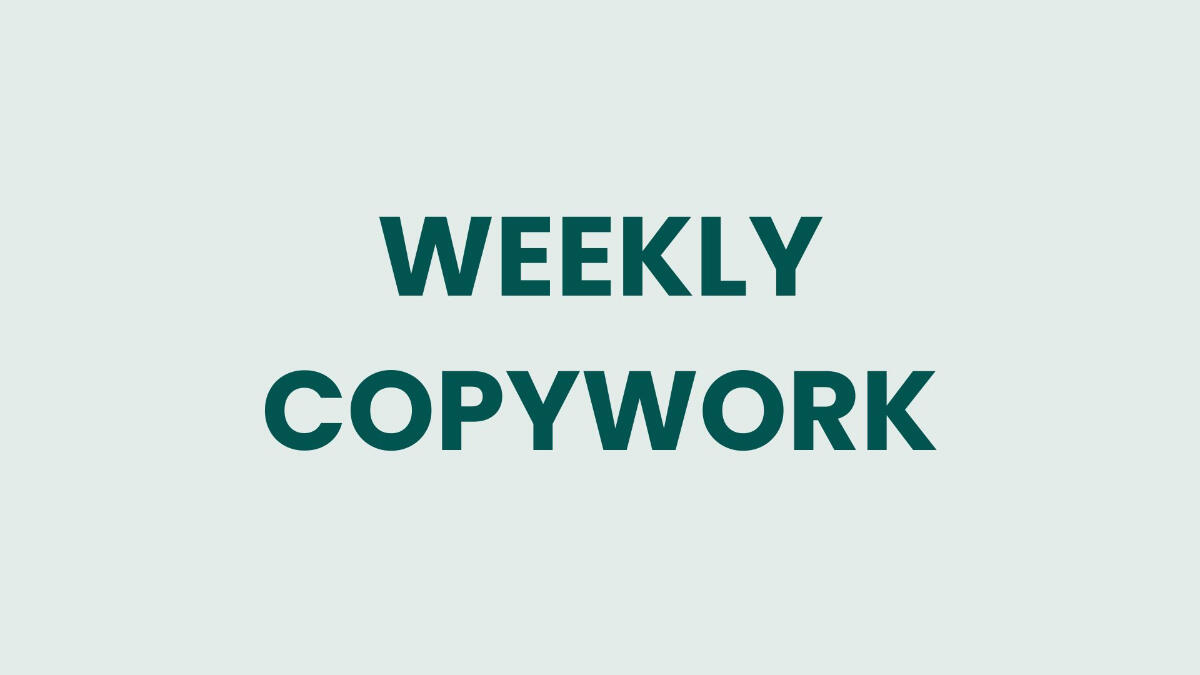- World Builders
- Posts
- The Psychology Powering a Mr Beast Hook
The Psychology Powering a Mr Beast Hook
3 psychology-backed strategies to write attention-earning hooks
Hey — it’s Nathan,
A Reddit user, u/PositiveBison5023 (what a name), spent 8 hours analyzing Mr Beast videos and found "7 psychological strategies" that helped him get 34 billion views.
I was skeptical.
80% of Reddit is rubbish but the other 20% is a goldmine. To my surpirse, this post landed in the goldmine category. I found myself referring back to it when writing hooks both for chapters in my book as well as for social posts and even this letter.
I found 3 of the ideas to be worth expanding on for you. Below is my take on those 3 (with the full post linked at the bottom).
Better than anyone, Mr Beast knows how to get you to:
Click on his videos
Get you to watch them through
None of that happens by accident. He’s a master storyteller and hook writer. Here are 3 ways he earns a view that you can use too:
1. Costly Signaling
Mr Beast Title: Last To Leave $800,000 Island Keeps It
If you study storytelling, you see people say “raise the stakes.” Usually that comes with a few platitudes about tension building but little actionable advice. Here, Mr Beast does it in one line.
What’s at stake? $800,000.
That’s a question I ask myself a lot — ‘What’s at stake?’
If you don’t have a concrete answer, you need to revisit the premise of your story. What’s the central conflict? Why should your reader, listener, viewer, care? The more specific the stakes, the more interesting the story.
Here are two less-extreme examples of Costly Signaling:
“I spent two and a half years writing a novel.” (true story)
“I used only vintage cookware from the 1800s for a week.”
Not too extreme, but not subtle either. And both are highly specific.
2. Contrast
Title: $1 vs $1,000,000 Hotel Room!
Contrast in storytelling is the art of balancing opposites in a way that heightens their impact. It's not just about presenting two different things side by side; it's about the tension and interplay between them. Think of it as showing both sides of the same coin.
The fancy hotel verse the cheap hotel. Revenge verse forgiveness. Chaos verse order.
Here are two more examples of Contrast:
“A Song of Ice and Fire” (from George RR Martin’s famous series)
“From Rags to Riches: The Billionaire Who Once Lived on the Streets” (I made this one up)
In the examples, you see two ways to use Contrast:
Antithesis
Transformation
X verse Y. A to B.
3. Novelty Effect
Title: I Put 100 Million Orbeez In My Friend's Backyard
The dictionary definition of novelty is “the quality of being new, original, or unusual.” You can simplify this to say ‘different than what’s around.’
Applied to storytelling, that means you want to break patterns. But how?
Three possible ways:
Highlight the unique angle in your story: Every story has a unique element or perspective that sets it apart. Identify this angle and craft your headline around it. This could be an unexpected outcome, a counterintuitive fact, or a fresh perspective on a common topic.
Feature an unusual character in your story: The best characters are ridiculous. They embody aspects of humanity you can’t explore anywhere else. The Joker. Jack Sparrow. Gatsby.
Use specific, non-obvious words in your hook: Use language that is vivid, specific, and evocative. Avoid jargon and opt for words that create visual images or emotional responses.
Here are two examples of the Novelty Effect in action:
“Purple Cow: Transform Your Business by Being Remarkable” (the title of Seth Godin’s bestseller)
“Freakonomics: A Rogue Economist Explores the Hidden Side of Everything”
Not often you read about cows in marketing or freaks in economics.
At the core of each of these techniques is one idea — create curiosity. If you can get your audience curious about what you have to say, they’ll stick around.
Have an awesome week, fellow Storytelling nerds.
Nathan
PS: Here’s the Reddit post. It delves into 4 more strategies.

PS.
My go-to way to practice writing:
Take your favorite author. Find their best work. Copy it, word for word, by hand. It's called copywork. And some of the best writers ever (Jack London, Gary Halbert, Virginia Woolf, and more) did it daily.
As Stephen King says, "Imitation precedes creation."
That’s why I launched Weekly Copywork, a paid newsletter to help you build a copywork practice, get used to what great writing feels like, and become a smarter writer.
Powerful writing isn't an accident—clear writing is clear thinking. Try it:
Nathan’s Notes
3 things I found interesting this week:
The Daily Routine of 20 Famous Writers. As the old saying goes, study not what they say but what they do. Shout out Blake for sending me this.
The Minimum Viability Threshold. I love this podcast, but this episode was especially insightful on what actually sells books (and what doesn’t).
The Key to Freakishly Good Dialogue (a video essay). I felt like I was stumbling through the dialogue in my book. This vid genuinely helps.
Land Your First Client In 5 Steps
Freelance Writers:
Tired of getting paid per hour (or worse, per word?)
Still relying on inconsistent word-of-mouth referrals?
Ready to step off the freelancer hamster wheel?
Then you’re in luck!
This FREE 5-day email course will help you:
Craft an irresistible offer
Charge premium prices
Land your first $5,000 client

